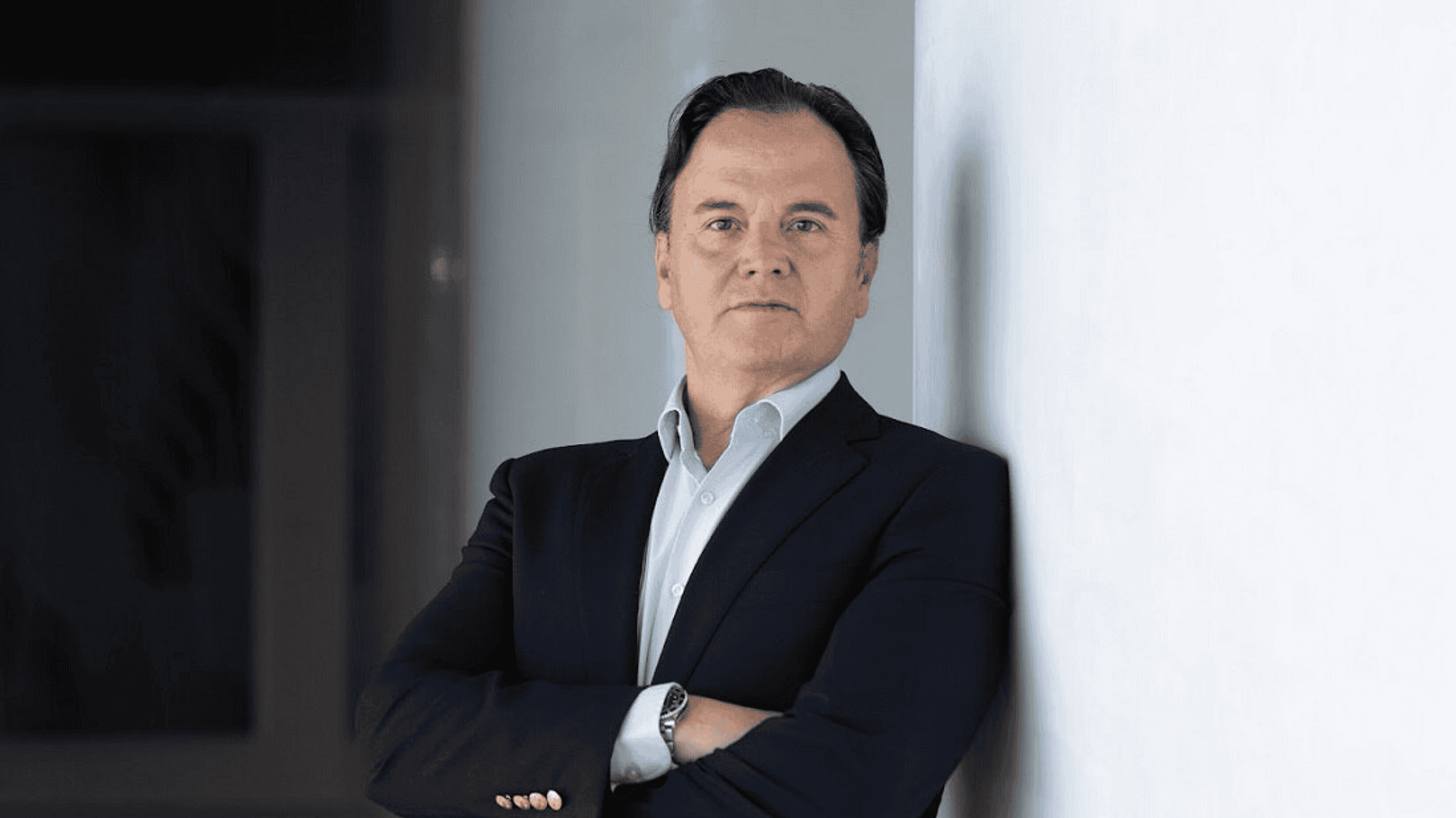Javier Rodríguez Soler is head of Corporate & Investment Banking (CIB) and Sustainability at BBVA, named Best Corporate Bank. He discusses the bank’s growth, AI integration, and decarbonization.
Global Finance: BBVA had solid returns in 2024. How did the group achieve this, and is it repeatable?
Javier Rodríguez Soler: 2024 was an exceptional year for BBVA, driven by strong business activity and disciplined execution. We posted €10.1 billion in profit, up 25% from the previous year, with a ROTE of 19.7%. In CIB, results were equally robust; revenues rose 27% to €5.8 billion and attributable profit grew 30%, to €2.8 billion. This confirms the strength of our industry-based coverage model, which allows us to build deeper relationships with corporate and institutional clients across different geographies.
Is this level of performance sustainable? I believe it is. The first half of 2025 already shows resilience, with nearly €3.2 billion in revenues and double-digit growth in every unit. The combination of digitalization, global reach, and disciplined execution gives us confidence that this performance is not just a one-off but the result of a sustainable long-term strategy.
GF: Where do you see growth in the coming year for your product offerings and geographies served?
Soler: Our 2025-2029 plan is designed to scale what already works: an industry-focused model with global reach. Growth will come from both products and geographies.
Cross-border activity is very important for us, given our strong presence in Latin America and Europe, especially in markets such as Mexico, Spain, and Turkey. As our clients expand internationally, we want to be there and support them in that journey.
We’re also reinforcing our presence in key markets such as Brazil, the US, the Middle East and Asia, capitalizing on client flows and strengthening coverage teams. With disciplined risk management and targeted investment in talent and AI, we can offer more tailored and forward-looking solutions that help clients grow sustainably.
GF: How is BBVA addressing the growing competition in corporate lending from fintechs and private credit providers?
Soler: We don’t see fintechs and private credit providers as rivals, but as catalysts to rethink corporate lending. Instead of competing head-to-head, we look for synergies. We bring client reach, structuring expertise, and global capabilities; they bring agility and specialization.
For example, our alliance with KKR, signed in 2024, supports the decarbonization of the economy by creating sophisticated financing structures. And through our agreement with Olea in trade finance, we are better positioned to serve clients with international supply chains, especially in Asia. These partnerships show that collaboration is the way to deliver greater value to clients.
GF: What are the latest corporate banking milestones BBVA has reached on its digital transformation journey?
Soler: We are now going beyond digital transformation into the era of artificial intelligence (AI). While digitalization was about processes, AI—especially generative AI—goes beyond and has the potential to help bankers work smarter: being more productive, answering faster, and personalizing solutions.
Tools such as ChatGPT and Gemini are already part of our bankers’ daily workflow. Building on that, we are now developing what we call the “AI Banker”: intelligent platforms—some already live—that go beyond digitalizing processes to proactively support client interaction, decision-making, and value creation. This is a big leap forward in how we serve clients and differentiate ourselves.
GF: Do you foresee 2026 being radically different from 2025 regarding corporate banking?
Soler: I expect corporate banking to evolve quickly, not just in what we do but in how we do it. Technology, data, and AI are reshaping client expectations at great speed.
Clients now look for partners who can guide them through complexity, not just provide financing. Our industry-based coverage model, combined with our global footprint, gives us the insight and scale needed to deliver. Advisory, structured finance, and transaction banking will remain growth areas as companies adapt to new regulation, technology, and sustainability demands.
